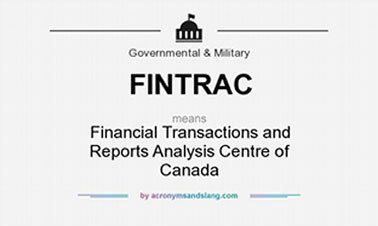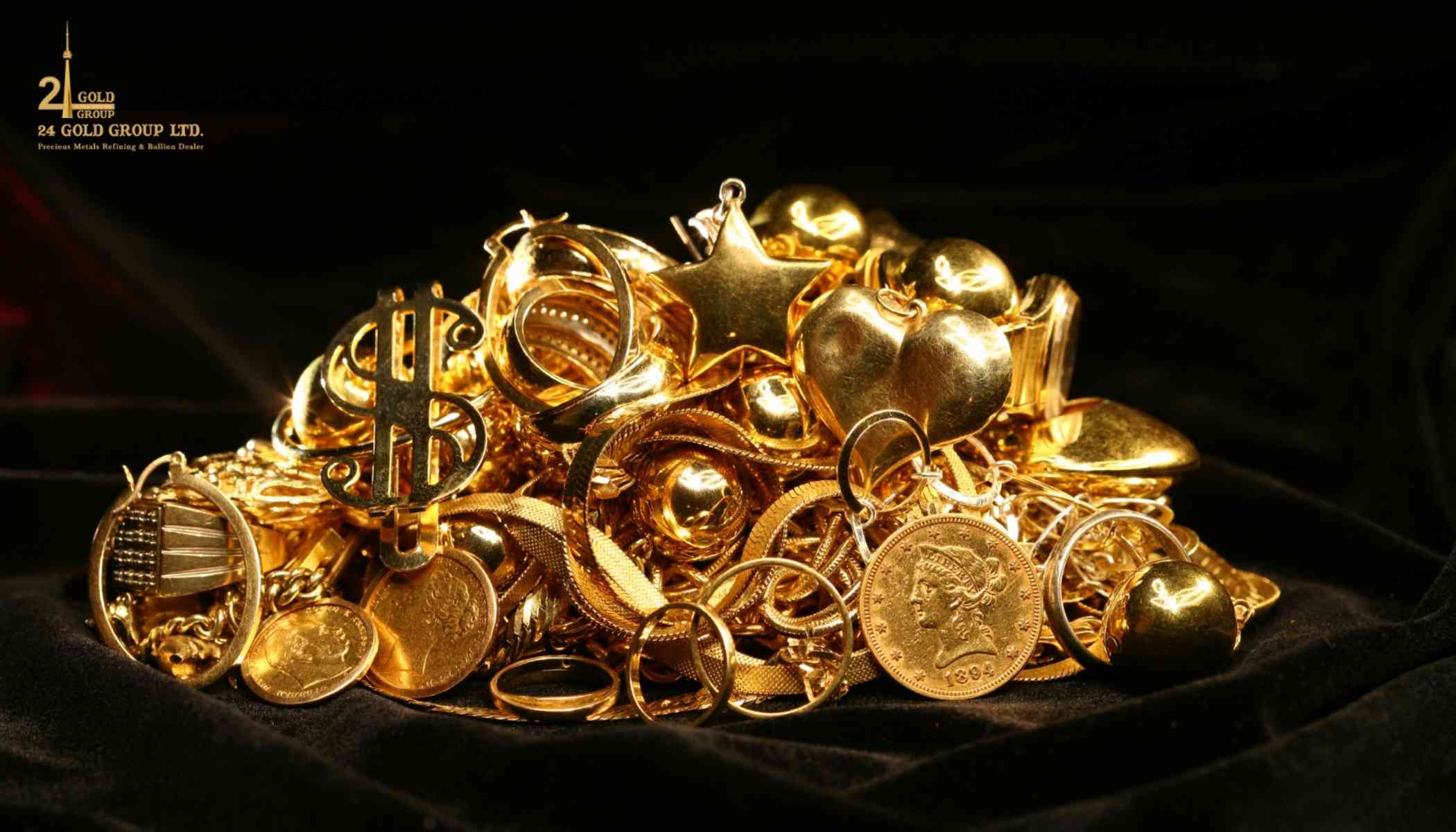
Have you considered the limited nature of Canada's gold supply? Many countries (including the US) have gold, so it is a fair question. In this article, we will discuss about Canada Gold Holdings and Canada Gold Reserves.
In the early 2000s, the Bank of Canada began selling its gold portfolio. Canada is a G7 country. Along with Angola, Belize, and Tonga, Canada is now one of 88 countries that do not hold any gold reserves. This might surprise and annoy even the most basic economic thinker.
Gold is a precious metal used for investments and jewelry (rings, necklaces, watches, etc.). It is also a key input in many electronic devices and technologies due to its excellent electrical conductivity and anti-corrosive properties. If you are thinking to Buy Gold In Canada contact 24 Gold Group Ltd.
Uses
Jewellery continued to be the largest driver of global gold demand in 2023 at 49% of total use or 2,189 tonnes. Investment demand for gold declined by 4% in 2023 from 2022 due to a higher opportunity cost of holding gold. Nevertheless, central banks maintained significant gold reserves in 2023 as they looked to hedge against existing levels of economic uncertainty and inflation. Roughly 6% of gold demand, or 155 tonnes, was derived from its use in technology applications, particularly in micro-circuitry in a variety of electronic products.
Recycling
Gold is constantly recycled, typically through melting old jewellery for reuse. Beyond more obvious reasons for consumers to hold or sell their old jewellery, the price of gold in their currency is a significant consideration. When the price of gold rises, the supply that is available for scrap (recycled gold), generally also grows.
The recycled gold available for supply in 2023 was 1,239 tonnes, an increase of 9% relative to supply in 2022.
Recovering gold from end-of-life electronics is another important contributor to the global scrap supply.
Canada’s Gold-Less History
In 1965, Canada possessed 1,023 tonnes. That marked the top. By 1985, Canada had only 500 tonnes left in its stockpile. Canada began selling its gold from 1990 to 2002. Now, Canada has less of its gold reserves than ever. None.
Canada's Alternatives to Gold Reserves
Canada resolves its sell-off because real bullion bars are not as easily sold for value as some items, such as government bonds. Additionally, owning gold is expensive. Canada finds itself in a unique situation. They have enriched their gold reserve assets with an alternative, whereby many other countries opt otherwise to keep gold reserves.
Foreign Exchange Reserves
Canada has thousands and billions of dollars in foreign exchange reserves, which consist of the equivalent of international currency. Canada currently holds a US$10,412 billion reserve position at the International Monetary Fund (IMF).
Reserves of Commodities
Commodity reserves bring additional stability to their economy since they consist of crude oil, natural gas, and other natural resources that have quantifiable value, protecting them from changes in global economic performance.
Reserves of Financial Assets
Most of Canada’s reserves are comprised of financial assets such as stocks, bonds, and short-term debt instruments. These financial assets serve to fund government services, and are also sold down when necessary, meaning they could dampen inflationary pressure on their economy.
So, although indeed, Canada does not have any gold reserves anymore, we can take solace in the fact that the decision to liquidate these assets to convert the funds to other usable assets was not a simple act of financial impropriety or irresponsibility but rather a prudent and calculated decision.
Featured Blogs
If you have broken gold jewelry hidden in a drawer, a broken chain, a dented ring, or an individual earring with no partner, you may be surprised to discover th...
Many Canadians select tangible assets like gold and silver to safeguard their financial wealth because of today's economic uncertainty. Canadians seeking to pur...
The world economic order is shifting, and quickly. One of the big stories in 2025 is the rising influence of the BRICS nations and their move toward a gold-back...
As we navigate 2025, the discussion on financial security has never been more pressing. Interest rates, inflation, and market volatility are in the news headlin...



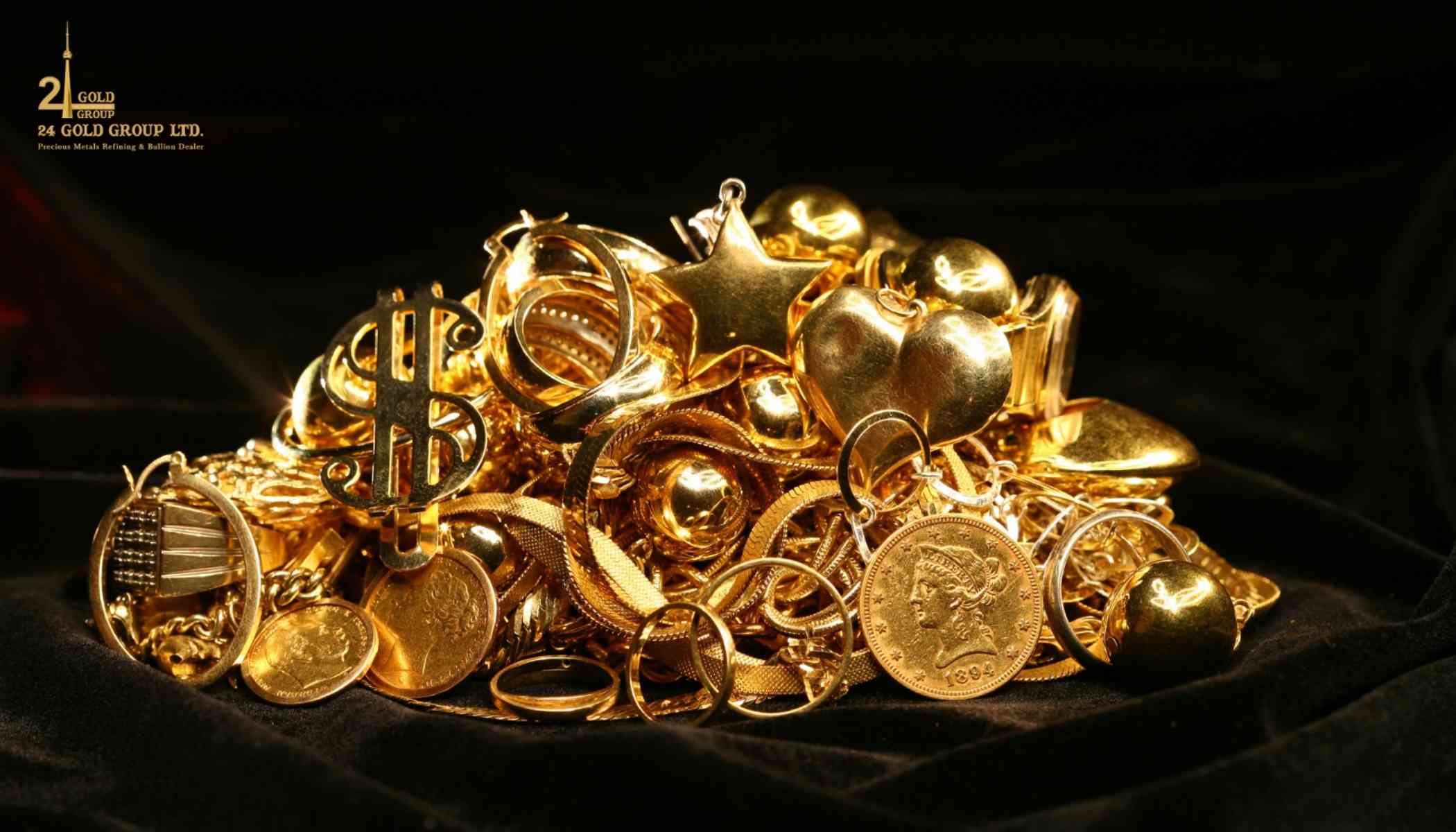


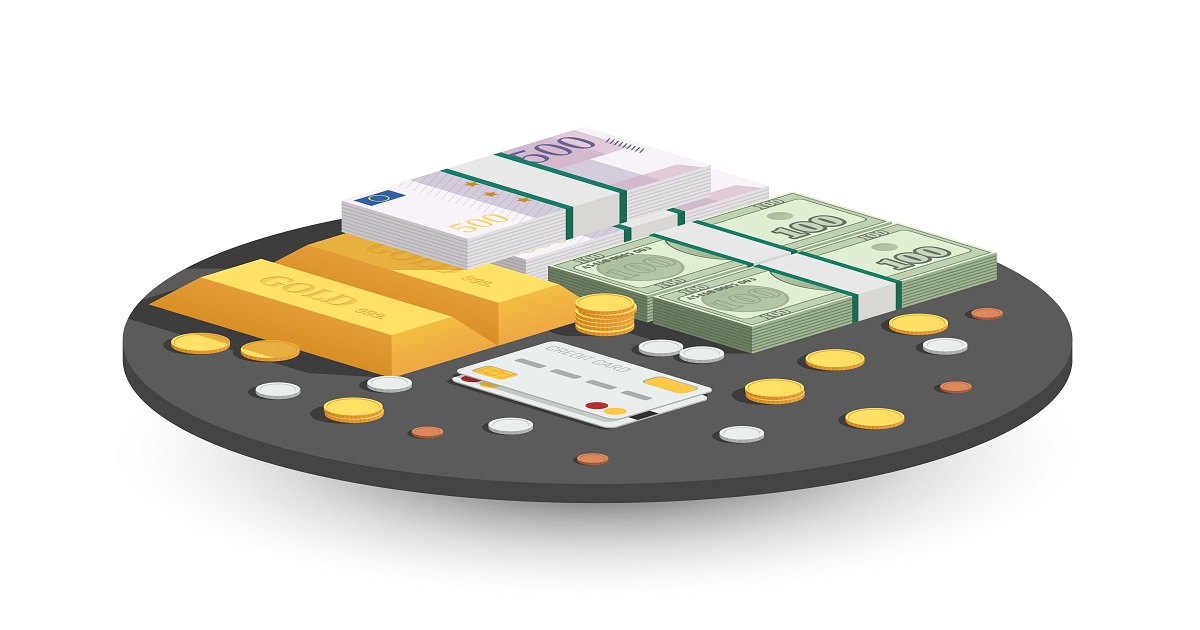
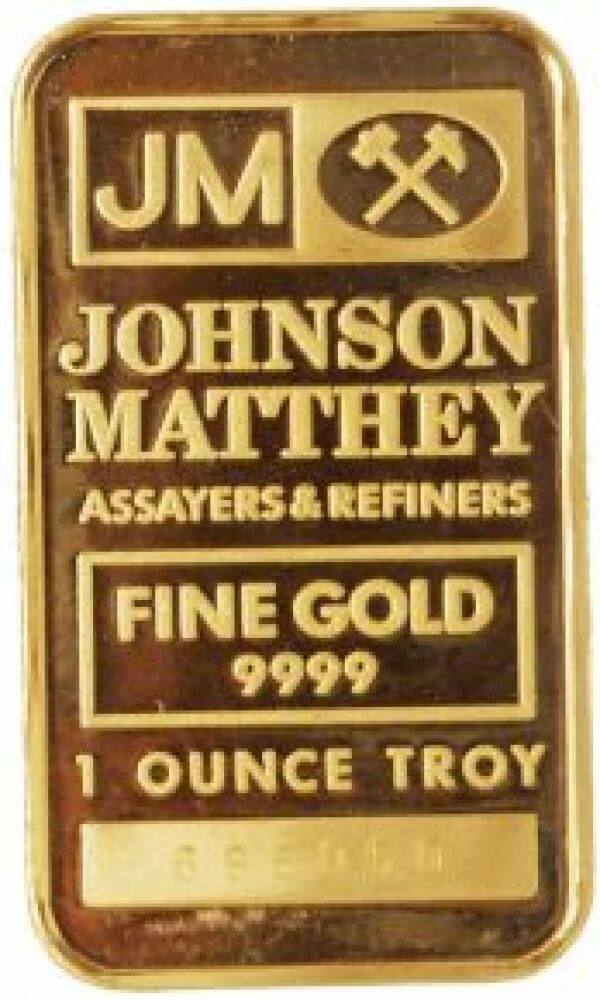
.jpg)
.jpg)
.jpg)
